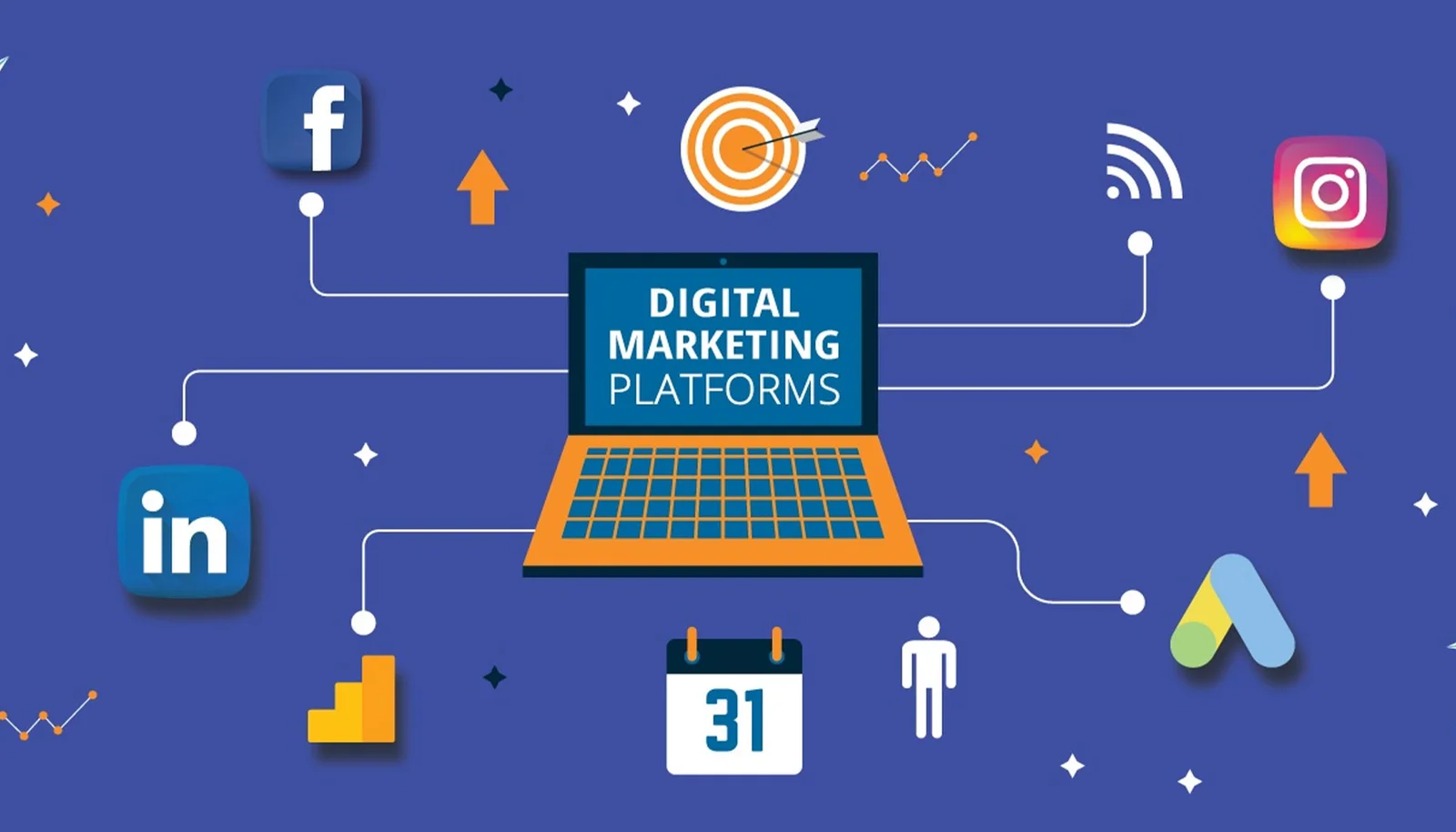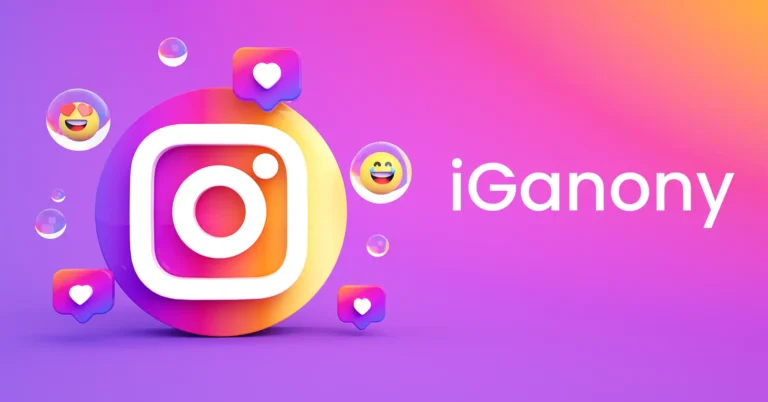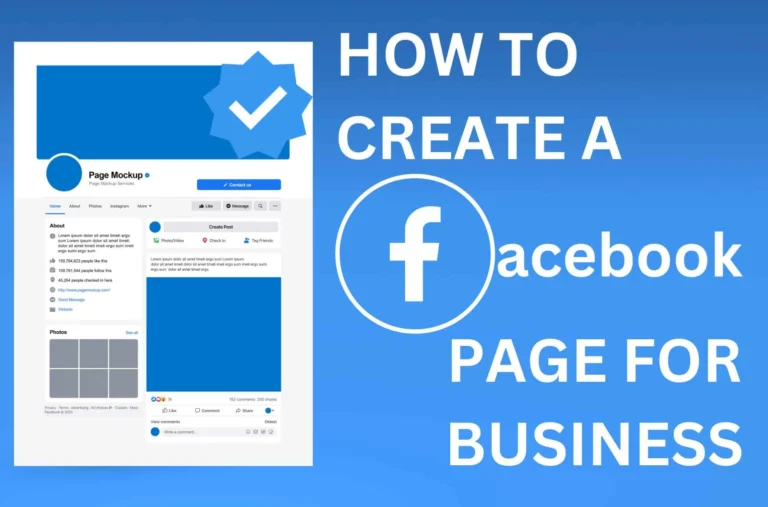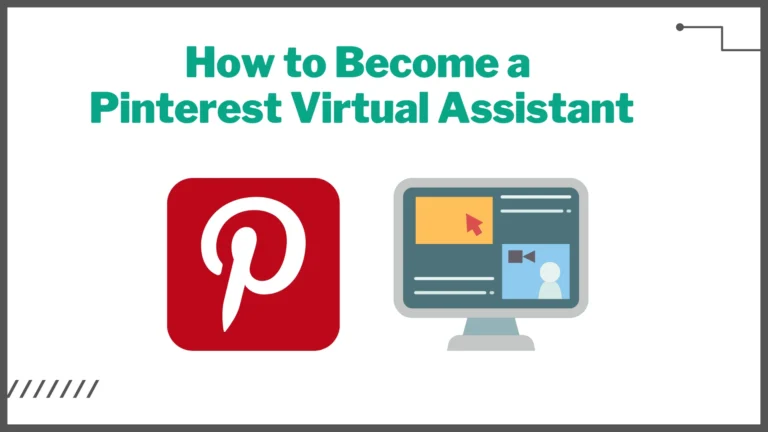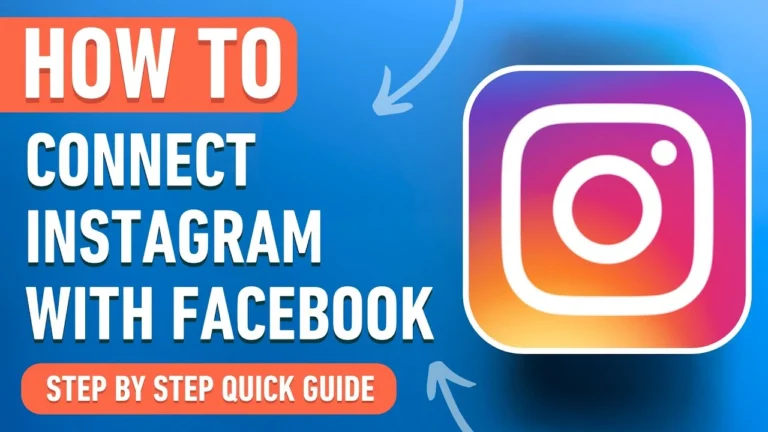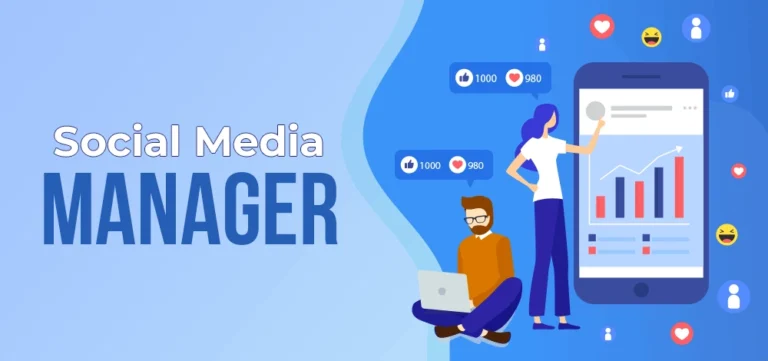Digital Marketing Platforms: A Simple Guide for Everyday Businesses
If you run a business today, you’ve probably heard the phrase digital marketing platforms many times.
Digital marketing platforms is not just a common buzz word rather these platforms are where the top business brands their customers and sell their products-services on online.
No matter you are running a small coffee restaurant, pizza shop, clothing store, or a tech startup, digital marketing platforms help everyone to market their businesses through internet.
Table of Contents
What is Digital Marketing?
In simple words, Digital marketing is any type of promotion that happens online.
The marketing promotion could be a Facebook ad, an Instagram post, or even a blog like this one.
Instead of large – expensive posters and billboards, brands use websites, social media, email, and search engines to reach the prospect customers. This is the faster, easier to measure, and more affordable way of advertising than traditional advertising.
Some basic types include
- Search engine marketing (SEM, SEO and Google Ads)
- Social media marketing
- Email campaigns
- Content marketing
- Paid advertising on Meta or Google
Digital marketing helps you reach people where they already spend time — on their phones and computers.
What Are Digital Marketing Platforms?
A digital marketing platform is a tool that helps businesses in their promotion online.
Probably you would have already used some of the platforms without realizing it.
Google Ads, Facebook, or LinkedIn. They allow businesses to share their messages to the targeted audiences, and measure the performance advertisement effort.
For content scheduling there are other platforms like Mailchimp, Hootsuite, or Canva.
Each of these platforms has a special role, some help in post design, some help email marketing, and some help to track success.
Building Digital Marketing Strategy
Using digital marketing platforms without a plan is like driving the car without ap. You need a digital marketing strategy to guide you.
That means figuring out:
- Who you’re trying to reach
- What message matters to them
- Which platform they use most
- How you’ll track what works
A good strategy doesn’t have to be complicated. Start small. Try simple tasks, see results, make adjustments and observe what works in right direction.
That’s how real marketing works — through testing and learning.
Examples of Digital Marketing
Some real life examples of digital marketing are following:
- A bakery posting behind the scenes videos for cake baking process on Instagram.
- A yoga coach sending monthly newsletters with coaching tips.
- A clothing tailor using Google Ads to reach target audience.
- A blogger writing useful articles for ranking on search engines.
Like the above mentioned there could be lot of real life examples. These online marketing activities seems simple, but these activities help businesses to build trust and long term visibility to their potential customers.
Digital Marketing Tools You to Know
There are many digital marketing tools which help you create content, manage campaigns, and see your performance clearly.
To make the life easier there are lot of digital marketing tools, some useful tools include:
- Google Analytics for tracking website visitors
- SEMrush or Ahrefs for SEO insights
- Canva for creating graphics
- Buffer or Later for social media scheduling
- HubSpot for managing marketing tasks
At the start, you don’t need to master and practice all the tools. Start with one or two tools, then experiment other tools as your business grows.
Why Digital Platforms Matter?
Digital marketing platforms helps businesses in far better ways than traditional ads methods.
Digital marketing platforms help to target the right audience, track the audience activity, measure every click, and reach the potential customer anywhere in the world.
With the use of right tools and strategy, a small business shop can compete with the bigger brands and even mange to win in the local competition. This is what makes the digital platforms most powerful:
- Lower costs than TV or print ads
- Easier to see real-time results
- Global audience reach
- Direct feedback from customers
- Data to improve every campaign
Choosing the Right Digital Platform
Every platform has its own distinct characteristics and platform selection should be according to the business need.
If a brand is selling fashion or artistic products, Instagram and Pinterest are perfect. If a business is offering professional services then LinkedIn works better.
For local businesses, Google Maps and Facebook ads bring great results.
The key is not to use every platform — just use according to your audience and business need.
Final Thoughts
Digital marketing platforms are now prime for the business growth.
These platforms help to promote the business, reaching the new potential audience, and measure the marketing performance results.
Startup business should start digital marketing with limited budget through limited number of platforms, in the later business growth stage, additional budget allocation and platform additions can be considered.
FAQs
1. What is digital marketing?
Promoting the company online with the use of online tools and platforms.
2. Which digital marketing platforms are widely used?
Among the most widely used platforms are Google Ads, Instagram, Facebook, LinkedIn, and Mailchimp.
3. How can a digital marketing strategy be developed?
Prioritize goal-setting, audience identification, platform selection, and experimentation to see what works.
4. Which digital marketing tools are effective?
Tools like Canva, SEMrush, Google Analytics, and Buffer are easy to use even for beginners.
5. Can small businesses use digital marketing too?
Absolutely. It’s affordable, measurable, and helps small businesses grow faster.

